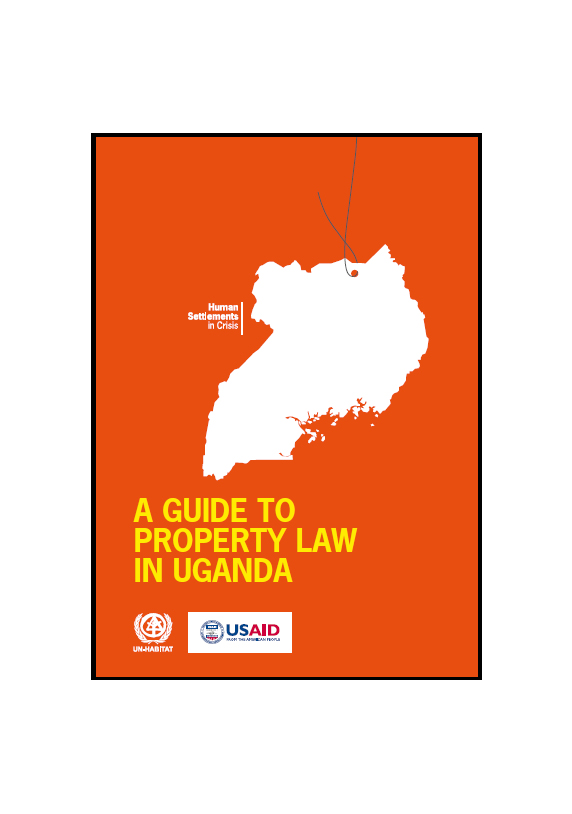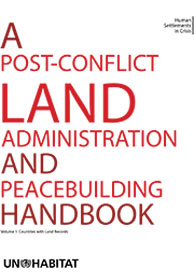Location
UN-Habitat is the United Nations programme working towards a better urban future.
Its mission is to promote socially and environmentally sustainable human settlements development and the achievement of adequate shelter for all. Cities are facing unprecedented demographic, environmental, economic, social and spatial challenges. There has been a phenomenal shift towards urbanization, with 6 out of every 10 people in the world expected to reside in urban areas by 2030. Over 90 per cent of this growth will take place in Africa, Asia, Latin America, and the Caribbean. In the absence of effective urban planning, the consequences of this rapid urbanization will be dramatic. In many places around the world, the effects can already be felt: lack of proper housing and growth of slums, inadequate and out-dated infrastructure – be it roads, public transport, water, sanitation, or electricity – escalating poverty and unemployment, safety and crime problems, pollution and health issues, as well as poorly managed natural or man-made disasters and other catastrophes due to the effects of climate change. Mindsets, policies, and approaches towards urbanization need to change in order for the growth of cities and urban areas to be turned into opportunities that will leave nobody behind. UN-Habitat, the United Nations programme for human settlements, is at the helm of that change, assuming a natural leadership and catalytic role in urban matters. Mandated by the UN General Assembly in 1978 to address the issues of urban growth, it is a knowledgeable institution on urban development processes, and understands the aspirations of cities and their residents. For close to forty years, UN-Habitat has been working in human settlements throughout the world, focusing on building a brighter future for villages, towns, and cities of all sizes. Because of these four decades of extensive experience, from the highest levels of policy to a range of specific technical issues, UN-Habitat has gained a unique and a universally acknowledged expertise in all things urban. This has placed UN-Habitat in the best position to provide answers and achievable solutions to the current challenges faced by our cities. UN-Habitat is capitalizing on its experience and position to work with partners in order to formulate the urban vision of tomorrow. It works to ensure that cities become inclusive and affordable drivers of economic growth and social development.
Members:
Resources
Displaying 181 - 185 of 223Secure land rights for all
Secure land rights are important for development and poverty reduction and the greatest challenges for providing such rights are in urban, peri-urban areas, and the most productive rural areas. This publication updates and revises UN-HABITAT’s 2004 publication ‘Urban Land for All’, and stresses the need for policies that facilitate access to land for all sections of their existing and future populations – particularly those on low or irregular incomes.
Handbook on housing and property restitution for refugees and displaced persons implementing the Pinheiro principles
A Guide to Property Law in Uganda
This guide has been written as an information resource for government officials, community leaders, humanitarian aid workers, judges, lawyers and others whose responsibilities include upholding land and property rights in Uganda. It outlines the main provisions of Uganda’s constitutional and legal framework and the protection these provide to property rights. It briefly outlines the historical background to existing land tenure relations, describes the constitutional provisions relating to land in the 1995 Constitution and sets out the main provisions of the Land Act 1998.
A Post-Conflict Land Administration and Peacebuilding Handbook
Throughout history, conflicts have been waged over land. Confrontations over territory, border disputes, occupation of the territory of one State by another, or grievances stemming from inequitable access to land invariably have dramatic consequences for human settlements. Never before has this been truer than with today?uss very different types of conflict which are increasingly taking place within nations.





